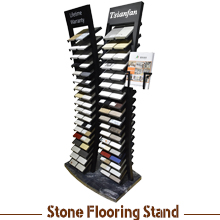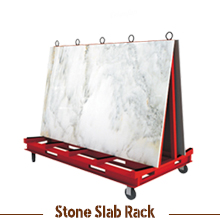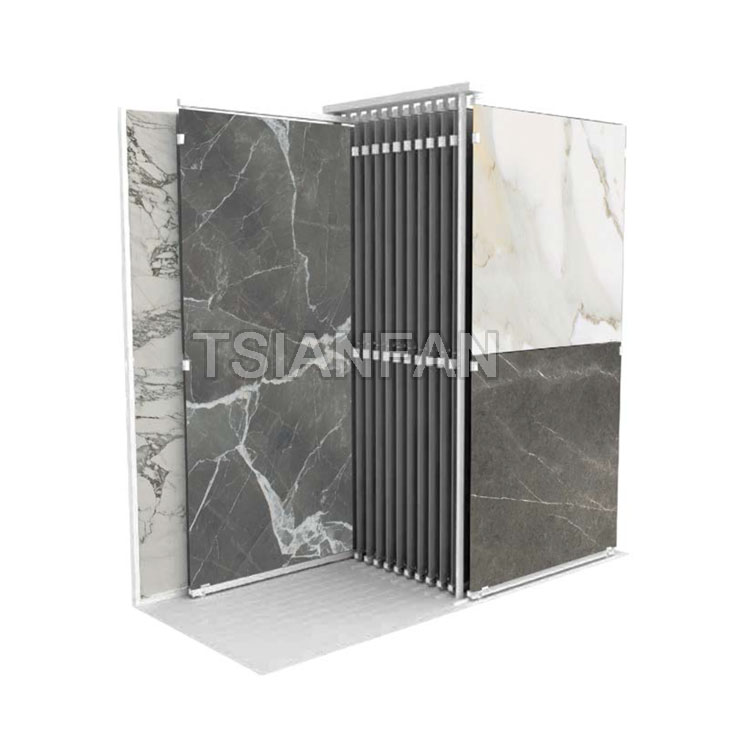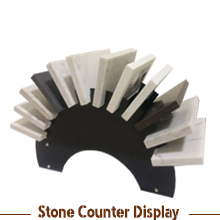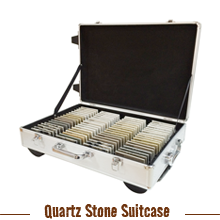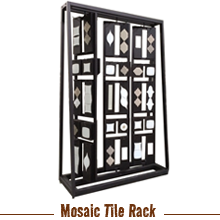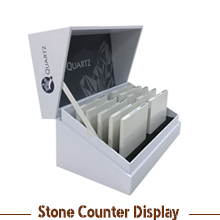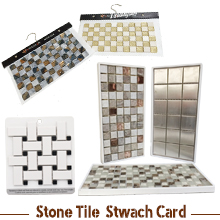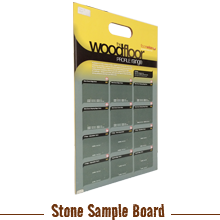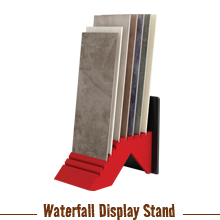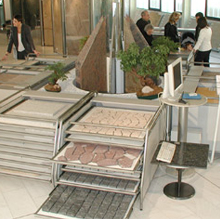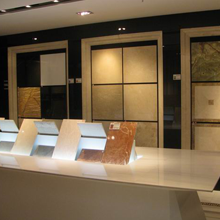Granite Countertops VS. Quartz Countertops
Time: 2018-04-12 10:55:03 Source: Quartz Stone Display
Quartz,is an “engineered” stone, meaning a manufacturing plant uses various grades and sizes of quartz crystals and mixes them with resin and pigment (for color) in a ratio of 93% quartz to 7% resin(yes, we’ll still refer to quartz as natural stone, but it’s not as natural as granite). Fabricators create quartz countertops in much the same way as they do granite countertops: by cutting the shapes from the slab and then profiling and polishing the edges. Granite—a natural stone—is indeed 100% natural as it is quarried directly from the earth in large blocks. These blocks are then sliced into slabs and polished on one side at the quarry before being shipped to the broker or fabricator. Fabricators cut shapes from the slabs according to your countertop specifications. They then profile and polish the edges. Here’s a comparison of the two products on five key points, with a summary recommendation at the end.
1. Which One Is More “Natural”? Both countertop materials are overwhelmingly made of a natural product, but one comes out slightly ahead: Granite: 100% natural. Slab granite counters are sliced from quarries, cut to size, and honed down until they are smooth. Quartz: 97% natural. Prominent quartz countertop makers note that 93% natural quartz aggregates are mixed with the remaining 7% of color pigments and polymer resins. The resins bind the particles together.
2. Cost Quartz used to be more expensive than granite, but things have changed somewhat recently. With advances in technology and production methods, both quartz and granite are now closely priced. Granted, you may come across some rare exotic slab of granite that was unearthed in a remote Brazilian jungle during a lunar eclipse, but for the most part, the cost is a non-factor.
3. Durability Quartz: Engineered stone has the flaws engineered out. You will not find invisible striations just waiting to crack open someday, as you will find with slab granite. Due to the presence of the resins, quartz counters are less prone to staining. Granite: Natural slab granite, for all its beauty, has flaws and imperfections that homeowners either love, accept, or hate. Granite stains if subjected to red wine.
4. Maintenance Stone, whether natural or engineered, seems like it should be maintenance-free. Not so. Both materials require maintenance, with granite requiring more than quartz: Quartz: Quartz does not need initial or continued sealing. Granite: Granite needs to be sealed upon installation, and then again on a regular basis.
Tsianfan industry has a team dedicated to providing you with the most cost effective solutions for design and manufacturing quartz display,Quartz Stone Counter Display.More info ,please click our website:quartzdisplay.com
�ؼ���:granite counter display rack Quartz Stone Counter Display quartz display Granite Countertops
�������:
How to maintain artificial stone sample book
Tile store design needs attention
How to remove the paint taste of stone display stands
How to clean your acrylic stone display ?
How to design your perfect outdoor space
Granite Vs.Glass mosaic tiles Vs. Marble
Contrast Marble to Achieving High Design
Granite Countertops VS. Quartz Countertops




